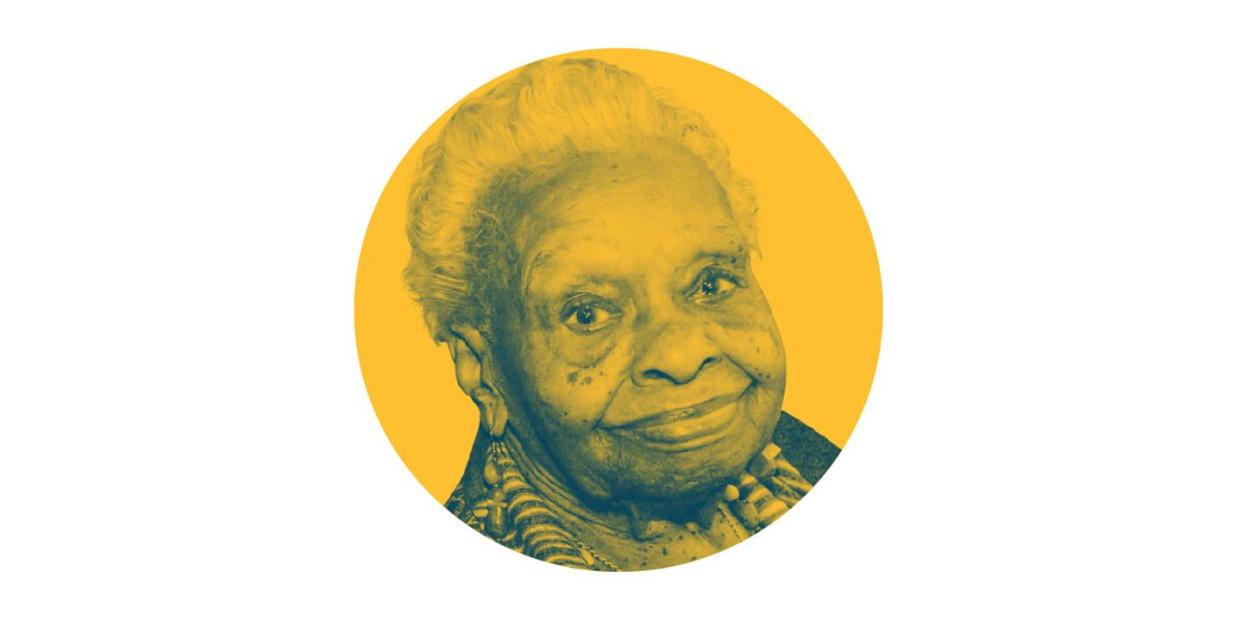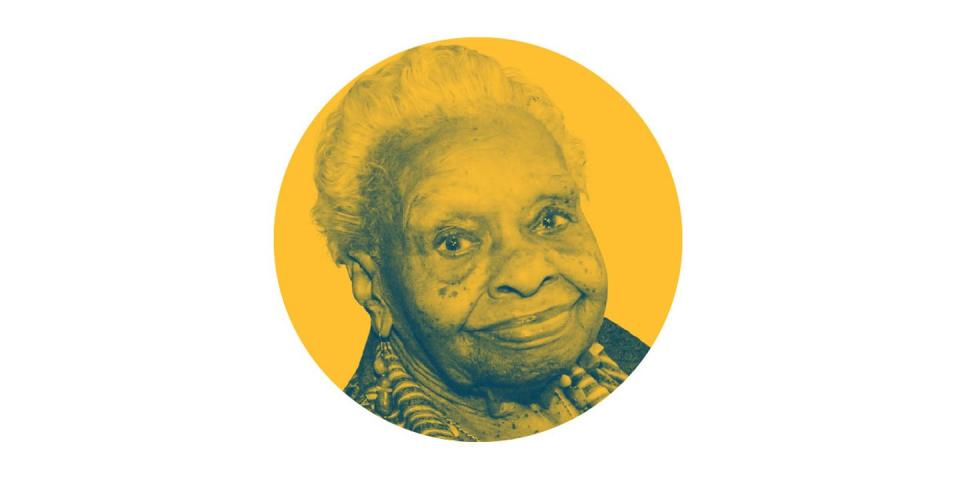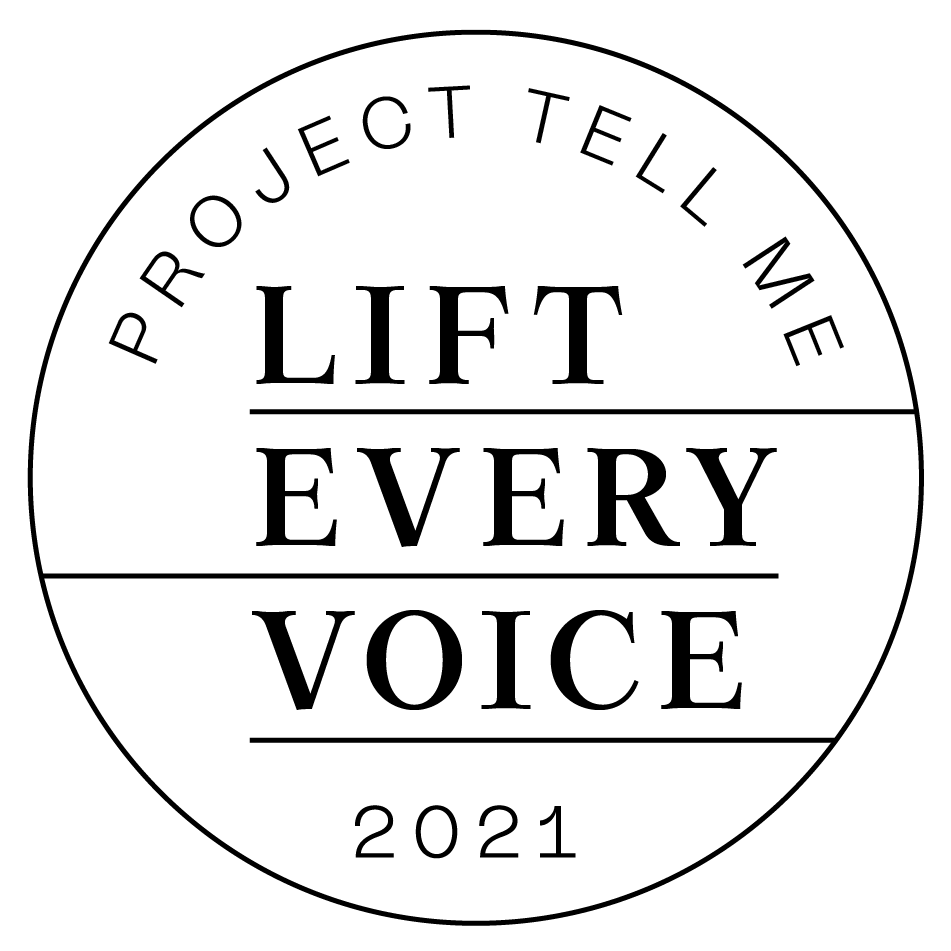This 110-Year-Old Jazz Club Owner Helped Put Countless Black Students Through College

“Hearst Magazines and Verizon Media may earn commission or revenue on some items through the links below.”
Interview by Rhondella Richardson

This article was originally published with Hearst Television. Click here to see the video.
The story of Black America is very much about attitude and making a way. The oldest resident of Wellesley, Massachusetts, is 110 years old and has stories you will want your children to hear and remember.
Rhondella Richardson, a journalist at WCVB, and her 17-year-old daughter, Rhylee, sat down with Herlda Senhouse at the Myrtle Baptist Church, one of the oldest Black churches in Massachusetts.
“I’ll be 110 this month, and remember, anything you have today is a privilege to have it,” Senhouse said.
While civil rights leaders marched in the 1960s for equality and against racism, activism showed up in Senhouse through her jazz dance shows. She founded what was Boston’s Clique Club, a social club of dancers and musicians to help educate Black students.
She helped countless Black students pay for everything from books to college tuition.
Before her joyous jazz days, she experienced some blues. Both parents died by the time Senhouse was 6. Half of her nine siblings were dead by then, too.
“We didn’t have any adults to raise us, so we had to raise ourselves,” Senhouse said.
She added, her older sisters did a great job going to work and raising her at the same time.
“You were born Feb. 28, 1911, and you went through a lot,” Rhondella Richardson said.
“You went through the great depression, World War I and World War II,” Rhylee added.
“We weren’t able to get butter, flour, sugar,” Senhouse said.
At age 16, Senhouse moved to Woburn, Massachusetts, to an aunt’s house. In 1931, Senhouse became the first in her family to graduate high school.
“There were only two Blacks in the school, but I got along with everyone,” she said.
She was not in a rush to marry but married William when she was 25. Neither had jobs but decided to work together as domestics. It was her fallback plan.
“I was interested in health care but I couldn’t be a nurse,” she said.
After her parents died, she thought of the medical field, but when she applied to what was then the Boston Medical Center nursing program, she was told they were only taking two Black applicants and she need not apply.
Legalized racial segregation, the Jim Crow laws, threatened to rock her world. Senhouse valued family above all so the couple bonded with their employer families. That empowered them.
“My husband was a chauffeur and the lady we were working with would sit in the front seat with him and the cops stopped us and the cops said, ‘Get in the back seat,’ and she said, ‘This is my car. I’ll sit where I want,’” she said.
“Was it harder being Black or a woman?” Rhylee asked.
“It was a double-whammy. It was so hard,” Senhouse said.
“I traveled with my first family when they vacationed to St. Petersburg, Florida,” Senhouse said. “The law was for the Black help to sleep in a cubby hole sized room, and I said, ‘No way.’ And the lady of the house asked what I was going to do about it, and I said we’d drive back to Boston, and she instead let us stay in the big house with them.”
“I never thought I’d see a Black woman vice president, which is amazing and I’m so happy,” Senhouse said.
“I thought it was great. It gives other young Black women the vision of the possibility these things could happen,” Rhylee said.
“You weren’t an activist, but very much an advocate of what you stand for,” Rhondella Richardson said.
“Appreciate what you have and use your vote,” Senhouse said.
“Kamala Harris’s mom said, ‘You may not be the first, but make sure you are not the last,’” Rhondella Richardson said.
“My parents have always said that ‘To whom much is given, much is expected,’” Rhylee said.
“Auntie Herlda” as she is known to all her friends, eagerly shares what she can remember from childhood, including the Spanish flu pandemic of 1918. She’s holding her own through the coronavirus pandemic, too, still giddy like a schoolgirl.
As they looked at her Clique Club jazz dance photos and school graduation photos, her memory is as sharp as if the 1931 class picture was yesterday.
“You should have seen me trying to get my hair together for this picture. I put my head on the ironing board,” she said, breaking into laughter. “My aunt would use the iron for clothes on my hair.”
As for advice for living a happy, healthy long life? Senhouse says do your best to resolve issues, but if you can’t fix it, forget it, let it go—that’s how you get through life. Limit the stress.
“I don’t know what’s going to happen after 110,” Senhouse said.
Turn Inspiration to Action
Consider donating to the National Association of Black Journalists. You can direct your dollars to scholarships and fellowships that support the educational and professional development of aspiring young journalists.
Support The National Caucus & Center on Black Aging. Dedicated to improving the quality of life of older African Americans, NCCBA's educational programs arm them with the tools they need to advocate for themselves.
This story was created as part of Lift Every Voice, in partnership with Lexus. Lift Every Voice records the wisdom and life experiences of the oldest generation of Black Americans by connecting them with a new generation of Black journalists. The oral history series is running across Hearst magazine, newspaper, and television websites around Juneteenth 2021. Go to oprahdaily.com/lifteveryvoice for the complete portfolio.

You Might Also Like

